

| Z. M. Shalyapina. Analytical means of government marking in syntactic structure | |
|
The paper deals with syntactical representation of constructions where function words occur as analytical markers of dependency relations. Such markers are shown to be used both for complement- and adjunct-type dependencies and their behaviour in reference to the valencies realized by these dependencies is demonstrated to be similar to that of meaninful words involved in syntactic control and argument transfer. To account for this similarity and achieve greater discrimination and generalization power, a complex syntactic representation is suggested where dependency relations serving for direct realization of valencies are explicitly differentiated from contextual valency inheritance relations as an aspect of indirect valency realization, with the latter relations superimposed over the former. |
|
| A. V. Gladkij. On the Aristotlian notion of the case and on the age of the canonic ordering of cases | |
|
The paper concerns with the history of the concept of case, its origin and evolution. Evidence is provided to support the hypothesis (suggested also earlier) that nominative was rated among cases already by Aristotle rather than as late as with the Stoicks. Another advocated hypothesis is the one put forward by E. Sittig in 1931 that Greeks had a notion of declension and the canonical order of cases long before Aristotle. |
|
| Ju. V. Normanskaja. Are Mari reduced vowels of the first syllable modern innovation or Proto-Mari archaism? | |
|
In this article is suggested, that for Proto-Mari it is necessary to reconstruct the reduced vowels, which are appear depending on the place of the stress in Proto-Mordwinian. |
|
| A. B. Letuchiy. The body part «kulak» 'fist', its conceptualization in Russian language and Russian gestures and the place in the system of body parts | |
|
In my article I analyze properties of the body part «kulak» ‘fist’ and its conceptualization in the Russian language and Russian gestures. My purpose is to show that such expressions as maxat’ kulakami ‘wave one’s fists’ and gestures like pogrozit kulakom ‘shake one’s fist at someone’ reflect important functions of the body part «kulak» ‘fist’. These functions not only characterize free expressions, but can also be traced in set expressions and phraseology. But before I begin to analyze these functions I want to examine an important question: is the body part «kulak» ‘fist’ really a body part or it is only one of possible forms of the body part «ruka» ‘hand/arm’? The answer can be important also for general analysis of the notion of body part. |
|
| M. Kalyuga, E. V. Muravenko. Actants of reflexive verbs for surprise and delight | |
|
The aim of the present paper is to analyze the actants of predicates for surprise and delight in the Russian language. Various approaches to the explanation of syntactic structures of lexemes for emotions are taken into consideration. The paper focuses on the main gains made by these approaches, as well as presenting further research related to the use of cases and prepositions governed by Russian verbs for surprise and delight. |
|
| O. Yu. Shemanaeva. «Powdery snow to her knees»: semantic peculiarities of the dimensive construction in Russian | |
|
In the scope of this paper are dimensive constructions with preposition po ‘up to’ in Russian language. They denote the vertical size of objects, whether height, depth or length. Special restrictions on classes of measured objects, predicates and measures (standards, most prototypically body parts) are shown. The construction sets the limits for the participants as a whole: the choice of one element of the construction causes the change of the others. Besides the spatial meaning, the figurative meanings are listed and ways of metaphorical development are discussed. |
|
| T. Yu. Kobzareva. Linguistic basis of segment surface-syntactical connections analysis in Russian sentence | |
|
The paper discusses a linguistic basis of the segment connections building in Russian sentence and some problems that arise while searching for a control word of a specified segment. |
|
| S. I. Gindin, M. O. Garder, E. A. Ivanova, A. S Krasnikova. System of philological maintenance as a kind of enriched text corpora: goals, general structure, possible instruments | |
|
The paper treats the specific tasks of philologically oriented text corpora and problems of their construction. It is argued that such corpora must contain special twofold superstructure which consists of the so called «philological convoy» and «philological equipment». The philological convoy is matched to each separate text and represents the history of this text, its diachronic variants, all necessary comment etc. The philological equipment is matched to the corpus as a whole and comprises different dictionaries, biographic and bibliographic guides etc. A corpus with such twofold superstructure the authors suggest to call a system of philological maitenance. The authors claim that this notion is a valid basis for constructing a typology of philological instruments and for elucidating the nature of commentary. |
|
| E. A. Ivanova. The impact of Michail Panov on the scientific receiption of Make-up Editing of Books by Aleksandr Reformatskij | |
|
The first full-length book by Aleksandr Reformatskij Make-up Editing of Books (1933) has been scarcely known to linguists. One of those who recognised its outstanding role in linguistics and semiotics was Michail Panov (1920-2001), a leader of the next generation of Moscow linguists. The paper treats all his writings about the Reformatskij’ book: applications of its notions to Russian punctuation, historiographic surveys, the editing of its fragments for re-publication. |
|
| Ju. D. Apresyan. Address to the memorial meeting on the occasion of the 75th anniversary of Jurij Martemjanov birthday | |
|
Personal recollections about Jurij Martemjanov (1930-2003), an outstanding Moscow linguist. An appraisal of Martemjanov’s scientific position in comparison with that of the Moscow semantic school. |
|
| A. A. Raskina. Remembering the Department of Structural and Applied Linguistics | |
|
This article is about life at the newly created (1960) department (Moscow State University). The author (class of 1965) tells a number of stories — some funny, some serious — touching upon such topics as the clash of traditional and «structural» linguistics, the problems of linguists studying mathematics («crash of mentality»), political whirlwinds — the department had its share of them — and more. The article contains a lot of sketches and vignettes featuring professors as well as students, some of whom later became well-known linguists. The author tries to convey the atmosphere of the early years of the department and to enrich the reader’s knowledge about that time. |
|
| I. I. Kovtunova. Two comments on Aleksandr Finkel’s paper about Russian translations of Wandrers Nachtlied by J.W. Goethe | |
|
Both comments on Alexander Finkel’s paper «Wandrers Nachtlied by Goethe in Russian translations» were written by Irina Kovtu nova (1926-2007) in 1985. The first, an official inner review contains highly estimates the paper and supports its publication. The second, entitled «The counter-arguments against A.M.Finkel’ methods» reveals that the very idea to measure the exactness of translation was quite alien for the author. |
|
| S. I. Gindin. Why don’t students of Humanities trust to numbers? | |
|
The methods for measurement of translation exactness were elaborated by Aleksandr Finkel’ in the 1960s and by Michail Gasparov in the 1970s. But they had remained practically unknown to most of specialists for decades. Two comments by Irina Kovtunova published in this volume are shown to be almost the only source for the study of scientific reception of these methods. The paper by Sergej Gindin exposes the inner logic of I. Kovtunova’s Counterarguments against A. Finkel’s methods. Then the Kovtunova’s work is used to reveal the roots and intrinsic mechanisms of that steady opposition to quantitative methods which was characteristic for many outstanding Russian specialists in Humanities throughout the XX century. |
|
| O. O. Bageeva. The letters of semiliterature authors of the early XXI century — a source for the study of punctuation usage. The First Part | |
|
A collection of contemporary written texts created by semiliterate (uneducated) elderly Russian native speakers is cited in the publication. The collection appeared in the framework of the task of studying the real functioning of Russian punctuation. The texts of semiliterate people are a convenient material to look into possible ‘natural’ deviations from the regulated punctuation system. These letters are the documents of natural written speech and can be used to characterize not only the punctuation habits but also the other sides of the linguistic consciousness of their authors. |
|
| O. A. Kazakevich, E. M. Budianskaya, Ju. E. Galiamina. Life stories of autochthonous populations of Siberia: publication of glossed texts. The First Part | |
|
The article is the first of the two planned journal publications of morphologically indexed and commented texts prepared within the project «Changing Russia in life stories of the Ket, Selkup, and Evenki» being realized at the Laboratory for Computational Lexicography, Research Computer Centre, Lomonosov Moscow State University with financial support from the Russian Foundation for the Humanities, grant 07-04-00332. The objective of the project is the processing, grammatical indexing, discourse and content analyzing, and preparing for publication (both as a book and as an Internet resource) of Ket, Selkup, and Evenki life stories recorded during the linguistic expeditions to the Upper- and Middle Taz and the Middle Yenisei basins led in 1996-2007. The historical events form the background of personal life stories, and we can see these events from the view-point of the story-tellers, thus getting a new dimension in understanding the history of our country. The article presents one Selkup and two Ket life stories. The form of the text presentation used in the publication was developed in the framework of the project LangueDOC led by Alexandr E. Kibrik. |
|
| Ju. V. Normanskaya. The second traditional conference in memory of Sergei Starostin |
|
|
In the chronicle it has been made a review of the reports, which were heard during the second traditional conference in memory of Sergei Starostin. |
|
Editorial contacts:
Miusskaya sq. 6, building 2, Moscow, 125993, Russia,
Institute of Linguistics, RSUH
Mail to:
msk.ling.j@gmail.com